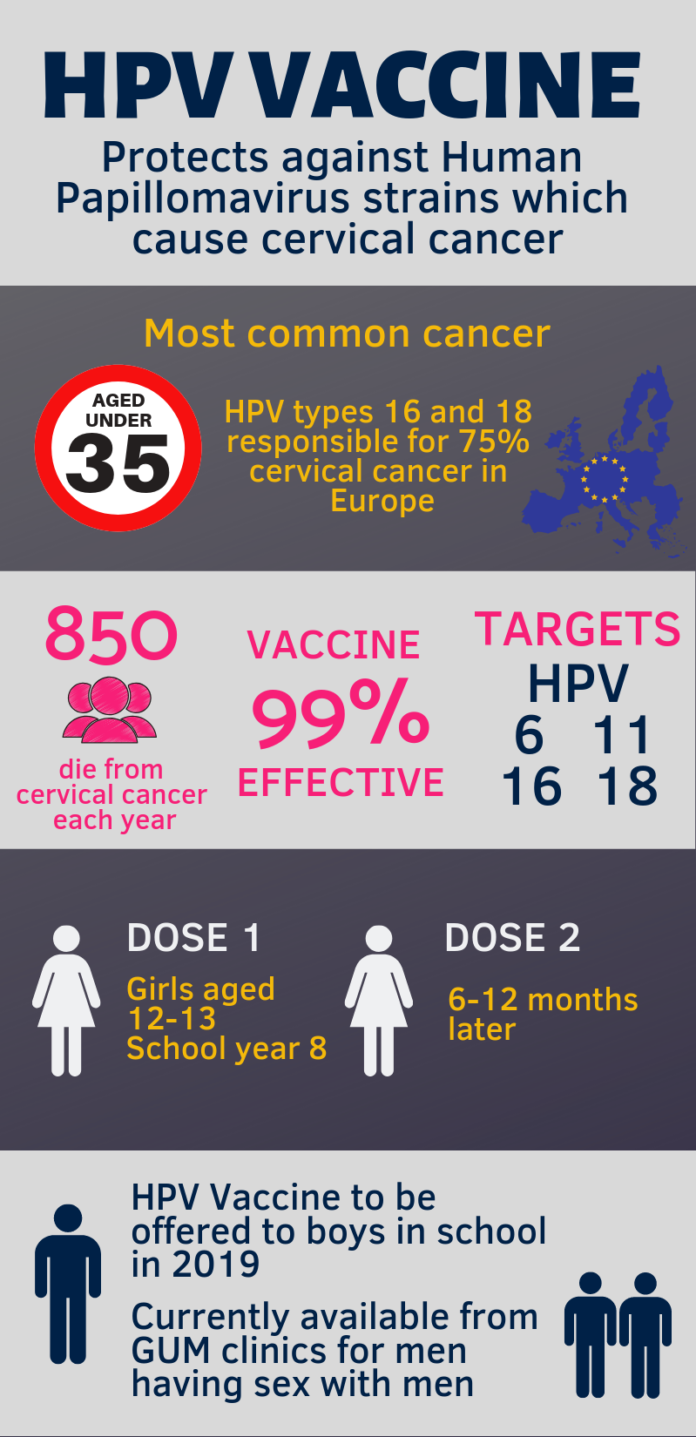Continued from HPV Vaccine Side Effects.
Human papillomavirus (HPV) became a hot topic in 2006 when the FDA approved Gardasil, the first vaccine proven to provide nearly 100 percent protection against the four HPV strains responsible for more than 70 percent of cervical cancers and 90 percent of genital warts.
But talk turned confusing as misinformation about Gardasil’s safety and efficacy quickly spread. Still not sure if the vaccine is right for you? Get the facts you need to make up your mind.
“I hear it wasn’t tested enough.” Fact: Gardasil was tested on more than 18,000 women over five years, one of the largest ever clinical studies for a vaccine. The shot protects against HPV for at least five years; it’s not yet clear if it will wear off later.
Yes, it stings more than other shots, but side effects like nausea and dizziness are similar to those of other vaccines, says Diane Harper, M.D., professor of obstetrics and gynecology at Dartmouth Medical School in Hanover, New Hampshire.
“It’s just for young girls, right?” Fact: Though the shot was tested on and approved only for females ages 9 to 26, older women can still get and benefit from a vaccination, studies show. In fact, the FDA this year could approve Gardasil for women up to age 45 (and Cervarix, a new HPV vaccine still in trials, for women up to age 55).
“I have HPV, so it can’t help me.” Fact: This assumption is false, Dr. Harper says. There are more than 100 different strains of HPV. “Having one doesn’t mean you can’t get the others, and it’s unlikely you’ve been exposed to all four types covered by the vaccine,” she says.
“Why bother? Cervical cancer is easy to detect and treat.” Fact: Most precancerous HPV infections can be detected through regular Pap smears, but screening can’t catch all strains before they cause cervical cancer, which strikes 10,000 American women each year and kills 4,000.
“The only treatments for invasive cervical cancer are radical hysterectomy or radiation therapy, which scars the vagina and can render you sterile,” says Mary Jane Minkin, M.D., clinical professor of ob/gyn at the Yale University School of Medicine in New Haven, Connecticut. “Why go through all that if you don’t have to?” [via]

